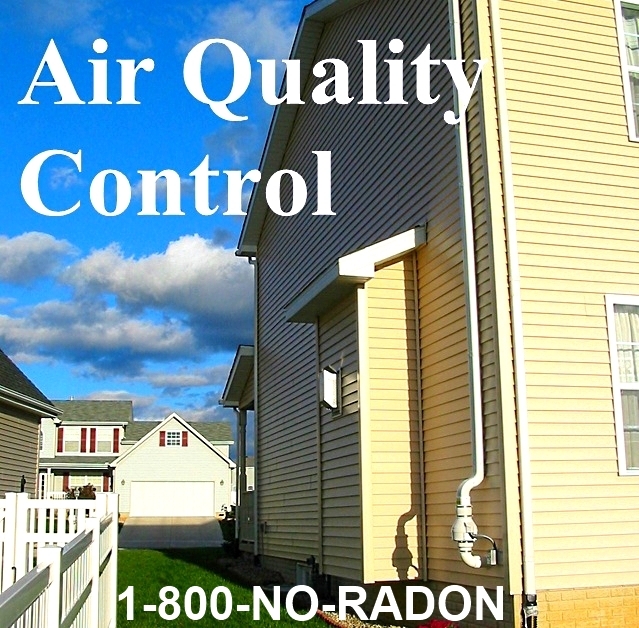


 November 2010 is National Lung Cancer Awareness Month. Jamey Gelina, A radon specialist with Air Quality Control Agency of Denver Colorado, suggests that all homes should be tested for radon gas. Radon is the second leading cause of lung cancer, so Lung Cancer Awareness Month is an ideal time to test. If radon levels are 4.0 or higher, a radon mitigation system will fix the problem.
November 2010 is National Lung Cancer Awareness Month. Jamey Gelina, A radon specialist with Air Quality Control Agency of Denver Colorado, suggests that all homes should be tested for radon gas. Radon is the second leading cause of lung cancer, so Lung Cancer Awareness Month is an ideal time to test. If radon levels are 4.0 or higher, a radon mitigation system will fix the problem. 

 Radon problems are not isolated to these areas. Elevated radon levels have been found in every state in the U.S.
Radon problems are not isolated to these areas. Elevated radon levels have been found in every state in the U.S. 